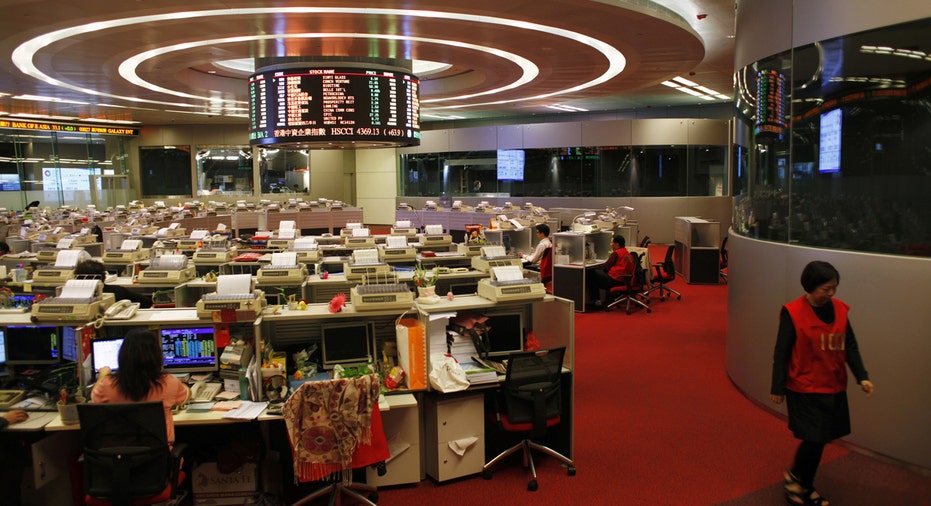Chinese Economy Slows - How Chinese News Affects American Investors

The slowdown in the Chinese economy hit a new low in the third quarter of 2015. China's growth rate slipped below the 7% mark to 6.9%. Such a growth rate would set off celebrations in the U.S., but in China, that represents the lowest growth rate since the days of the global financial crisis in early 2009.
Chinese officials have tried to stem the slide in several ways — from devaluation of the yuan to interest rate cuts. The government's target rate for growth is 7%, but many analysts believe that growth is really lower than the official data suggests, as implied by another interest rate cut issued shortly after the announcement of third quarter growth. The real growth rate may be closer to 6% or even 5%.
You may be asking: “Why should I care about the Chinese economy?” You should care because economies are truly global today and major changes in the second largest economy in the world have ripple effects that can affect your wealth. The slowdown in China's economy is considered to be one of the major reasons behind the recent correction in the U.S. stock market, through direct effects as well as creating shock waves in markets throughout the world.
For example, when the Chinese stock market began to tank in June, it affected many Chinese-based stocks that are listed on American exchanges. Over a period of several weeks, over $56 billion in market value was erased from the accounts of American investors whose portfolios contain these stocks. Your index fund or ETF may have connections to China that are not obvious unless you are paying attention to the holdings.
Meanwhile, China's consumption affects worldwide suppliers, which affects the bottom lines of U.S. companies doing business in China. According to data from the U.S. Census Bureau, the U.S. had slightly over $590 billion in trade with China in 2014, with $123.7 billion of that as exports. U.S. exports to China have risen every year since 1999, when they were only $13.1 billion. If you are invested in American companies that do business with China, you care very much about their GDP numbers.
Finally, some large American companies have manufacturing facilities and/or business units in China. In some cases, the reason is to take advantage of overseas manufacturing costs, flexibility, or capabilities; in other cases it is to serve the Chinese market. Sometimes, it is both. Regardless of the purpose, the Chinese economy directly affects these facilities.
Consider that Apple (NASDAQ:AAPL) has massive Chinese manufacturing operations that supply consumers worldwide, but Apple also counts on China as a growth market — and that strategy has been paying dividends. Apple's revenue more than doubled year over year in the third fiscal quarter of 2015, rising from $6.2 billion to $13.2 billion despite the difficulties in the Chinese stock market. Apple investors should keep tabs on all elements of Chinese economic news, from currency fluctuations that affect Apple's manufacturing costs to Chinese consumer trends.
The announcement of a lower growth rate in China may not matter as much to Apple because of one underlying factor in the reports. The overall Chinese economy may not be growing as fast as it had been, but losses in manufacturing are being partially offset by increased consumer spending. Retail sales in China grew 10.9% in September as China is shifting more to a consumer-driven economy. How does that development affect your holdings?
More from MoneyTips.com:China Devalues Its CurrencyThe Sinking YuanUS Stocks Plummet



















